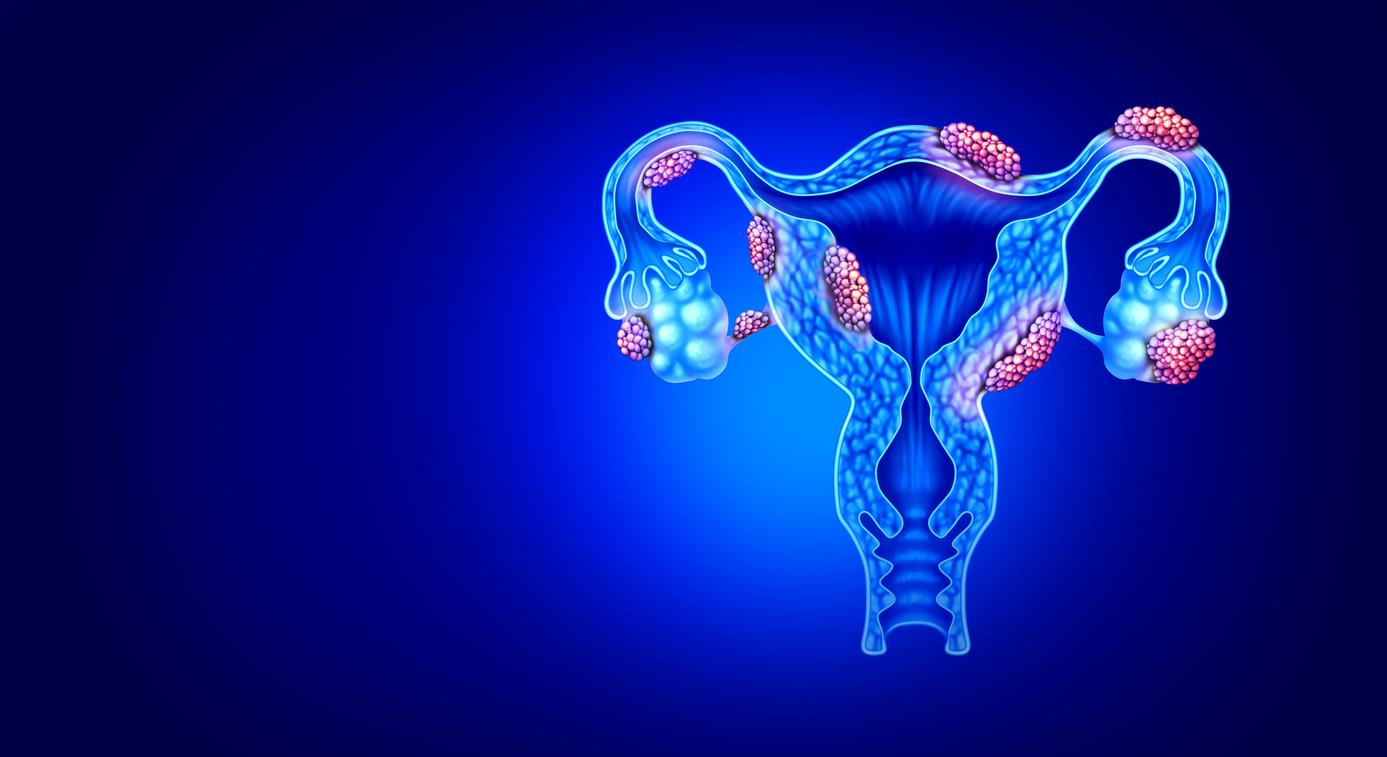The fatigue and stress often felt by patients with rheumatoid arthritis even when they are in remission are disorders that are sometimes overlooked in the management.

- Fatigue, pain and stress are often linked to rheumatoid arthritis even when patients are in remission
- These disorders, when they are not sufficiently taken care of, can be a factor of misunderstanding between the patient and his doctor.
Are rheumatoid arthritis patients misunderstood? In intervention made on the occasion of the last Salon de la Polyarthritis broadcast on the website of the French Association of Polyarthritics, Professor Jérôme Avouac, rheumatologist at the Cochin hospital, addresses the subject of the fatigue of these patients which would be for many, according to him, “a reason for misunderstanding with their doctors”. In question, the distance that would exist, for patients in remission, between practitioners satisfied with the results of the care and patients still waiting because suffering from fatigue, sleep disorders and stress.
“Becoming aware of the patient’s environment”
For Professor Avouac, the fatigue which would affect 50% of patients with chronic rheumatism “is a symptom which must be taken into account in their development”. Among the inevitably multiple causes of this fatigue, the practitioner identifies three in particular:
– “Inflammation is tiring”, recalls Jérôme Avouac who underlines that this source can be managed by treating the inflammation and that, moreover, certain drugs prescribed to treat rheumatoid arthritis “can be a source of fatigue”.
– The pain linked to the disease and which causes nocturnal awakenings is also a frequent cause of fatigue for polyarthritic patients: “it is a functional gene which is a source of fatigue in 50% of cases”, he underlines in insisting on the risk of falling into a vicious circle “with chronic pain which causes sleep disorders which themselves accentuate the painful disorders”
– And then there are the factors specific to each patient and which are linked to the anxiety or depression that often accompanies the disease. “You have to be aware of the patient’s environment to determine the causes of fatigue”, underlines Prof. Avouac.
The other topic this practitioner recommends addressing in rheumatoid arthritis patients is stress. “It participates in the development of the disease, we also know that traumatic events play a role in triggering episodes of inflammatory rheumatism” and that several studies carried out on post-traumatic stress “show that it generates a greater risk high in autoimmune diseases.
“We must get out of the framework of the disease”
In terms of solutions to these difficulties encountered by patients, Professor Avouac recommends the classic recipes that are generally provided to remedy fatigue and stress: physical activity, balanced diet, use of cognitive-behavioral therapies for the first, hypnosis, mindfulness meditation or psychotherapy for the second.
But the main message that it carries on the management of these disorders -“they are sometimes left unsaid by the patient…”- is the need to establish a “relationship of trust” between the patient and his doctor. “You have to get out of the framework of the disease to go to the patient, to take an interest in his environment, in the way he works; we know how to treat inflammation but it is important to refocus on the patient’s other concerns. and do not hesitate to seek help from other health professionals”.

.

















